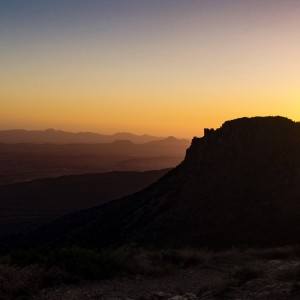The Stream, April 7: Millions in Bangladesh Drink Arsenic Contaminated Water
The Global Rundown
Approximately 20 million people still drink water contaminated with high levels of arsenic in Bangladesh. Hundreds of residents in Flint, Michigan filed a racketeering lawsuit against the state’s governor over lead-contaminated water. Nearly half of World Heritage sites are threatened by industrial activities, a report found. A new NASA experiment will determine the best ways to map and measure snow, starting in the western United States. Los Angeles County took steps to ensure new developments do not increase water demand.
“Water agencies have been hearing the message of severe water shortages and have had to ask their customers to cut water use as much as possible, while simultaneously watching new development and major projects pop up without any clear accounting for the additional burdens on our already stressed water supply.” –Rita Kampalath, science and policy director for California-based environmental group Heal the Bay, on the lack of coordination between city planning departments and water agencies regarding the state’s drought. Measures adopted this week by Los Angeles County will pursue policies to make sure new developments do not add to overall water demand. (The Los Angeles Times)
By The Numbers
400 residents Number in Flint, Michigan who filed a racketeering lawsuit Wednesday against Governor Rick Snyder and government officials over the lead-contaminated drinking water crisis. Reuters
114 World Heritage sites Number at risk from industrial activities like mining and logging, according to the World Wide Fund for Nature. The World Heritage sites provide food, water, shelter and medicine to more than 11 million people. Reuters
Science, Studies, And Reports
An estimated 20 million people in Bangladesh drink water contaminated with levels of arsenic above national standards, according to a report released by Human Rights Watch. Thousands of people die each year from arsenic-related illnesses, but the government is doing little to eradicate arsenic from rural water supplies, the report found. Human Rights Watch
On The Radar
A multi-year NASA field experiment, called SnowEx, will begin work in September to determine the best methods to map and measure snow — knowledge that is critical for determining global water budgets, according to researchers. The first snow-sensing flights will start over the Sierra Nevada or Rocky Mountains. Nature
A news correspondent for Circle of Blue based out of Hawaii. She writes The Stream, Circle of Blue’s daily digest of international water news trends. Her interests include food security, ecology and the Great Lakes.
Contact Codi Kozacek






Leave a Reply
Want to join the discussion?Feel free to contribute!